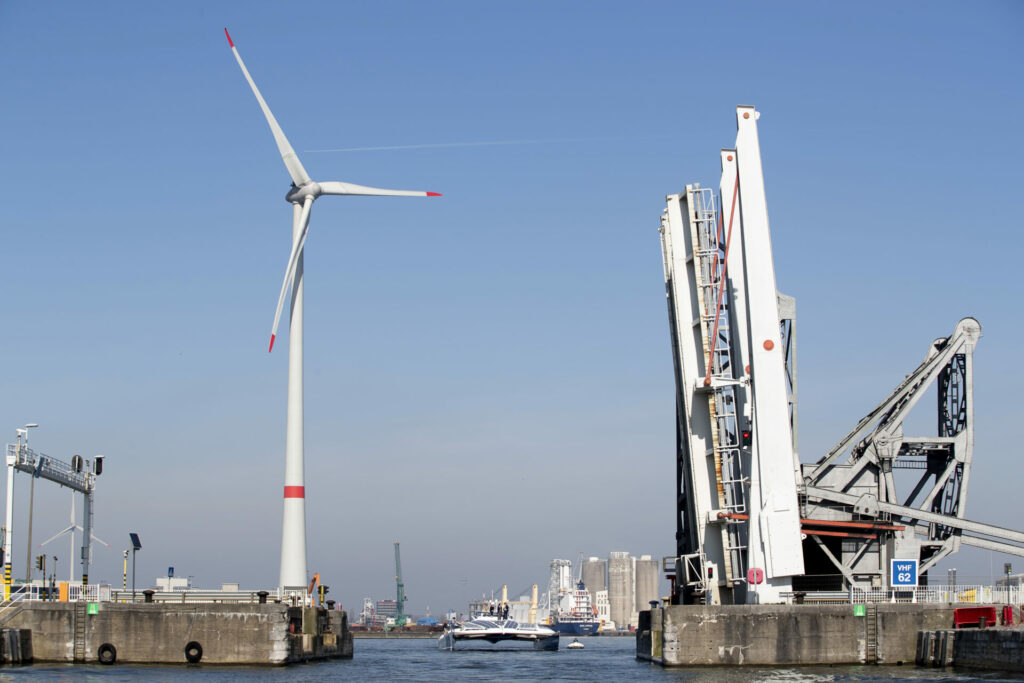German Foreign Minister Annalena Baerbock on Monday labelled Belgium an "important partner" in the fight against climate change, also highlighting the crucial significance of the country's expertise in green hydrogen production technology.
Appearing with the Federal Foreign Minister Hadja Lahbib at the German-Belgian Conference in Berlin, Baerbock expressed her desire that a recently constructed pipeline from Zeebrugge to Germany will begin transmitting green hydrogen in the near future.
Baerbock also re-emphasised her country's commitment to massively increasing wind power generation in the North Sea - a commitment shared by Belgium, the Netherlands, and Denmark.
United we stand
Both Baerbock and Lahbib placed heavy emphasis on the importance of a united response to Europe's current energy crisis triggered by Russia's full-scaled invasion of Ukraine.
"Russia can no longer be considered a reliable [energy] supplier," Lahbib said. She added that the Belgian government has proposed a package of measures to mitigate the effects of the crisis on citizens and businesses.
"I know that the German authorities have done the same. But just as climate targets can only be achieved if we work together, our long-term response to the energy crisis can only be effective and efficient if it is European."
Ms Lahbib added: "We are in the same boat, so we must ensure that our actions are coordinated."
Green hydrogen is produced by splitting oxygen and hydrogen in water molecules via electrolysis using renewable energy. The hydrogen is then typically harnessed for energy production, while oxygen, not being a greenhouse gas, can be safely emitted into the atmosphere without further exacerbating climate change.

